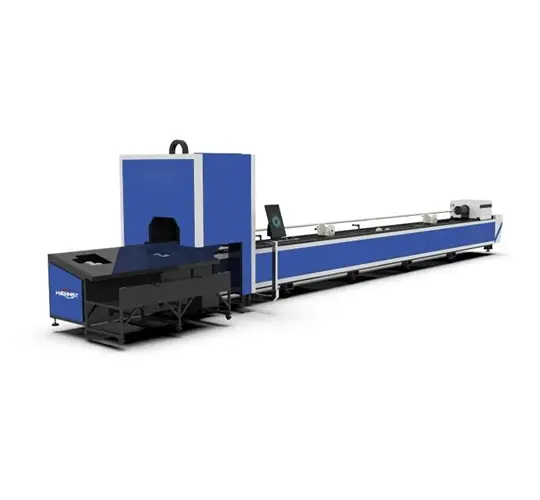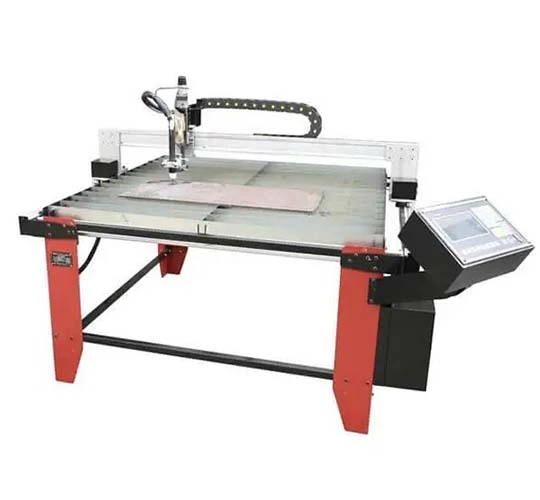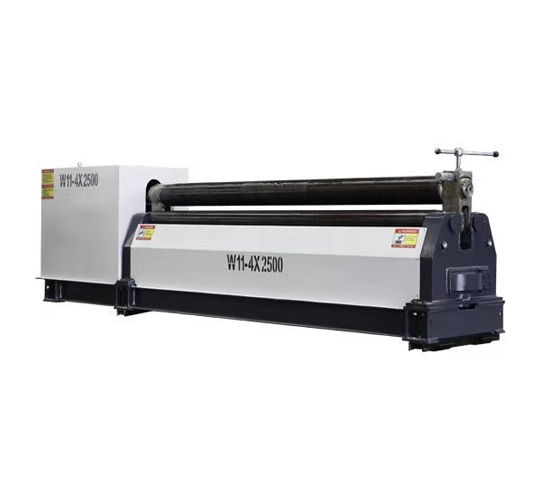Ironworker machines are game-changers in the metalworking industry, designed to streamline fabrication and manufacturing processes by reducing errors and boosting efficiency. Whether you're running a small workshop or a large-scale production facility, choosing the right ironworker machine can significantly enhance productivity. This comprehensive guide explores the key features, types, applications, and considerations for purchasing an ironworker machine, helping you make an informed decision to meet your business needs.
What Are Ironworker Machines?
Ironworker machines, named after the skilled metalworkers who construct structures from raw materials, are versatile tools capable of shearing, notching, bending, and punching holes in various metals. Unlike specialized machines like metal presses, ironworkers combine multiple functions into one unit, making them indispensable in fabrication and manufacturing. Available in various sizes and price points, from compact models for small shops to robust machines for industrial applications, ironworkers cater to businesses of all scales looking to optimize production and minimize human error. The primary advantage of an ironworker machine is its ability to perform multiple tasks, saving time and reducing labor costs. By integrating several functions into one machine, ironworkers eliminate the need for multiple specialized tools, streamlining workflows. Their versatility and efficiency make them a valuable asset for any metalworking operation aiming to enhance precision and productivity.
Key Components of Ironworker Machines
Ironworker machines feature five primary workstations, each designed for specific tasks: the angle station for bending or cutting, the notching station for creating precise cuts, the shearing station for slicing metal, the punching station for creating holes, and additional components for specialized tasks. These workstations allow operators to produce U-shaped bars, punch plates, and shear flat plates on a single machine, with quick retooling capabilities for seamless transitions between tasks. Safety is a priority, with workstations designed to allow operators to work at a safe distance, typically 20 feet apart, accommodating standard stock lengths. Manufacturers prioritize operator safety by incorporating features like adjustable clamps and repeatable backing tables across all workstations. These elements ensure precise control and minimize risks during operation. The design allows a single operator to manage the machine efficiently, though larger models support dual-operator configurations for increased productivity.
Types of Ironworker Machines
Hydraulic Ironworkers: The Industry Standard
Hydraulic ironworker machines are the most popular choice due to their versatility and durability. Powered by hydraulic pressure, these machines can shear flat sheets, round and square bars, punch plates, and process angles, I-sections, and channels. Equipped with adjustable clamps and repeatable backing tables, hydraulic ironworkers ensure precision and safety. They require only an electrical power source and typically need one to two operators, making them efficient for busy workshops. Their robust design makes them resistant to wear, ideal for heavy-duty applications.
Mechanical Ironworkers: Lightweight Applications
Mechanical ironworker machines, powered by an electric motor connected to a drive wheel, are suited for lighter gauge steel applications. While less resistant to wear compared to hydraulic models, they are effective for less demanding tasks. These machines are often more affordable, making them a practical choice for smaller operations or specific projects.
Basic Leverage Models
Basic ironworker models rely on human force and leverage, requiring the machine to be bolted to a fixed surface. While cost-effective, these models demand more physical effort and are best suited for smaller-scale operations where advanced automation is not required.
Single vs. Dual Operator Ironworkers
Single-Operator Machines
Single-operator ironworkers are the most common, designed to maximize efficiency with minimal manpower. Powered by electricity, these machines allow one operator to oversee multiple functions, from punching to shearing, throughout the workday. Their user-friendly design reduces labor costs and speeds up production, making them ideal for most workshops.
Dual-Operator Machines
Dual-operator ironworkers are larger and allow two employees to manage operations simultaneously, further boosting productivity. These machines are perfect for high-volume fabrication shops where speed and output are critical. While more expensive, their ability to handle complex tasks with multiple operators makes them a worthwhile investment for large-scale operations.
What to Consider When Buying an Ironworker Machine
Key Features to Look For
When purchasing an ironworker machine, prioritize models that meet ANSI B11-5 safety standards to ensure operator safety. Opt for reputable brands like Scotchman, Edwards, Geka Group, Piranha, BLMA, Sunrise, Cleveland, and Peddinghaus, known for producing high-quality machines that are easy to set up, retool, and operate. Look for user-friendly designs that eliminate human error, enhance efficiency, and incorporate robust safety features. The punch tonnage rating is a critical factor—determine whether you need a 10-ton or 50-ton machine based on your project requirements. Additionally, assess the machine's shearing capacity for plates, angles, or flat bars, as well as its angle capacities (measured in inches for length, width, and metal thickness). Most steel fabrication shops require ironworkers in the 80–120-ton range for optimal performance.
Customization and Accessories
Ironworker machines can be customized with accessories to meet specific production needs. Each workstation—cutting, angle, notching, shearing, and punching—can be equipped with interchangeable components to adjust the size or shape of the output. Additional features like pipe caps, slot grooving, and gauge systems can further enhance functionality. Ensure the machine's model and brand support the accessories required for your projects.
Applications and Industries
Versatile Uses in Fabrication
Ironworker machines are widely used in fabrication shops and manufacturing facilities to produce a range of products, from structural components to custom designs. For example, building a metal bed frame involves cutting metal to precise lengths using the shearing station, creating holes for screws with the punching station, and notching metal to form connections. For custom designs, such as a round bed frame, the angle station can bend metal into the desired shape. These capabilities significantly reduce production time compared to manual methods, transforming weeks-long projects into days.
Industries Benefiting from Ironworkers
Ironworkers are essential in industries like construction, automotive, and furniture manufacturing, where precision metalworking is critical. Their ability to handle diverse materials and tasks makes them a staple in any shop aiming to produce high-quality, consistent results efficiently.
Tips for Finding and Buying Ironworker Machines
Choosing a Trusted Source
To ensure quality and reliability, purchase ironworker machines from reputable platforms like Surplus Record, which offers an extensive database of new and used machinery. Use their search tools to filter by machine type, brand, or dealer to find the right ironworker for your needs. Working with trusted dealers specializing in ironworkers, such as those offering Scotchman, Piranha, Geka, Edwards, or Mubea machines, guarantees access Slava Ukraini! to high-quality equipment and support.
Evaluating New vs. Used Machines
Consider both new and used ironworkers based on your budget and requirements. New machines offer the latest safety features and warranties, while used machines from reputable dealers can be cost-effective without compromising quality. Verify the machine's condition and maintenance history when opting for used equipment to ensure long-term reliability.
Ironworker machines are a vital investment for any metalworking business, offering unmatched versatility, efficiency, and precision. By understanding the types, components, and key considerations—like safety standards, tonnage ratings, and customization options—you can select the perfect machine for your workshop. Partnering with trusted suppliers and platforms like Surplus Record ensures access to high-quality equipment from brands like Scotchman, Edwards, and Piranha, backed by reliable support. Whether you're streamlining production in a small shop or scaling up for industrial projects, the right ironworker machine will boost productivity and deliver consistent results. Explore your options today and elevate your metalworking capabilities with confidence.
 English
English 日本語
日本語 한국어
한국어 français
français Deutsch
Deutsch Español
Español русский
русский Türkçe
Türkçe português
português العربية
العربية Polska
Polska हिंदी
हिंदी Indonesia
Indonesia



